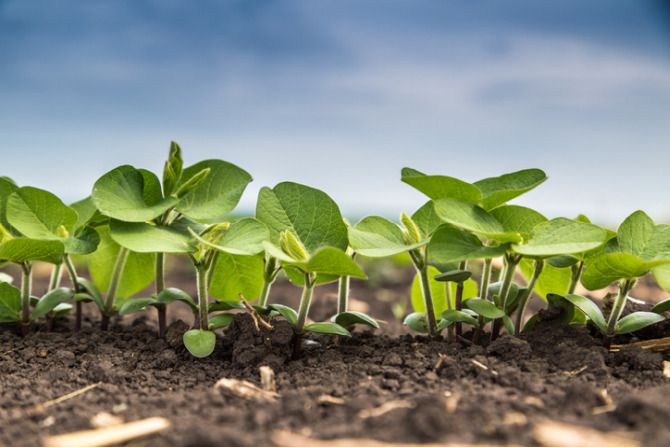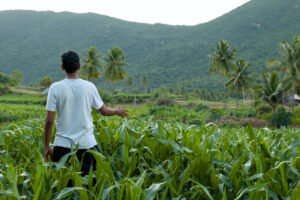Ag insights platform Gro Intelligence is calling it quits after failing to secure enough capital to stay afloat following a turbulent few months, AgFunderNews understands.
The firm, which secured some eleventh hour funding in March as it laid off 60% of its staff, informed remaining staff this week that it would be closing down, with a skeleton crew kept on to wind things down, say sources close to the company.
Gro, which is being sued by former employees over alleged violations of labor laws requiring employers to provide advance written notice of mass layoffs, is also being investigated by the Securities and Exchange Commission (SEC) to see if “any investor fraud or misrepresentation occurred,” alleged one investment industry source. “The SEC is asking for communications and presentations to investors,” added a second source, who previously worked at Gro Intelligence.
An SEC spokesperson told us: “The SEC does not comment on the existence or nonexistence of a possible investigation.”
CEO James Cariello, who replaced founder Sara Menker at the helm of the New York- and Nairobi-based company in February, did not respond to a request for comment.
One former employee told us: “I suspect someone will get the IP for pennies on the dollar.”
$85 million series B
Founded by energy commodities trader Sara Menker in 2012, Gro Intelligence claimed to be building the world’s largest agricultural data platform. It netted an $85 million series B round in January 2021 from backers including Intel Capital and Africa Internet Ventures, and was named as one of TIME’s 100 most influential companies that year.
By February of this year, employees were being told that Gro was unable to make payroll and that founder Sara Menker “was no longer CEO but as founder would have ongoing responsibilities,” one former employee told AgFunderNews. “I gathered from subsequent conversations that these related to business development and fundraising. We were told that [COO] Sewit [Ahdorem] was no longer with the firm in any capacity.”
In early March, Gro secured some funding, which at the time one former employee told us was expected to last until “June or July,” and laid off 60% of its staff.
‘A fundamental mismatch between the product and the market’
Gro Intelligence generated the bulk of its revenues from Unilever, but had picked up some business with other packaged food companies and a number of quantitative and fundamental commodities investors, one former employee told AgFunderNews earlier this year.
“It had positioned itself as a food security platform to a small Asian country and a country in the Middle East exporting oil, without success. It had also attempted to engage the US government under a variety of guises but was only picking up bits and pieces of business here and there.”
Asked what had gone wrong, the source blamed a combination of the challenging funding environment and a “fundamental mismatch between the product and the market.
“They were chasing deals for projects that resembled bespoke consultancy work as opposed to something that would generate replicable revenue streams. They also had a number of mis-hires and until very recently, they didn’t have a CFO, so I don’t know that they were able to produce reasonable financials on a quarterly basis for investors. Sara should have brought in an operating CEO probably two years ago.”
The world’s largest climate data platform?
Gro Intelligence, which founder Sara Menker claimed had “ended up building the world’s largest climate data platform without even knowing it,” scrapes data from governments, trade organizations, weather and geological agencies, commodities and financial markets to provide actionable insights.
To predict crop yields, for example, Gro combines satellite imagery with data on rainfall, drought, vegetative health and density, soil moisture and land surface temperature, and data from USDA’s National Agricultural Statistics Service (NASS), or Brazil’s IBGE, the Brazilian Institute of Geography and Statistics.





